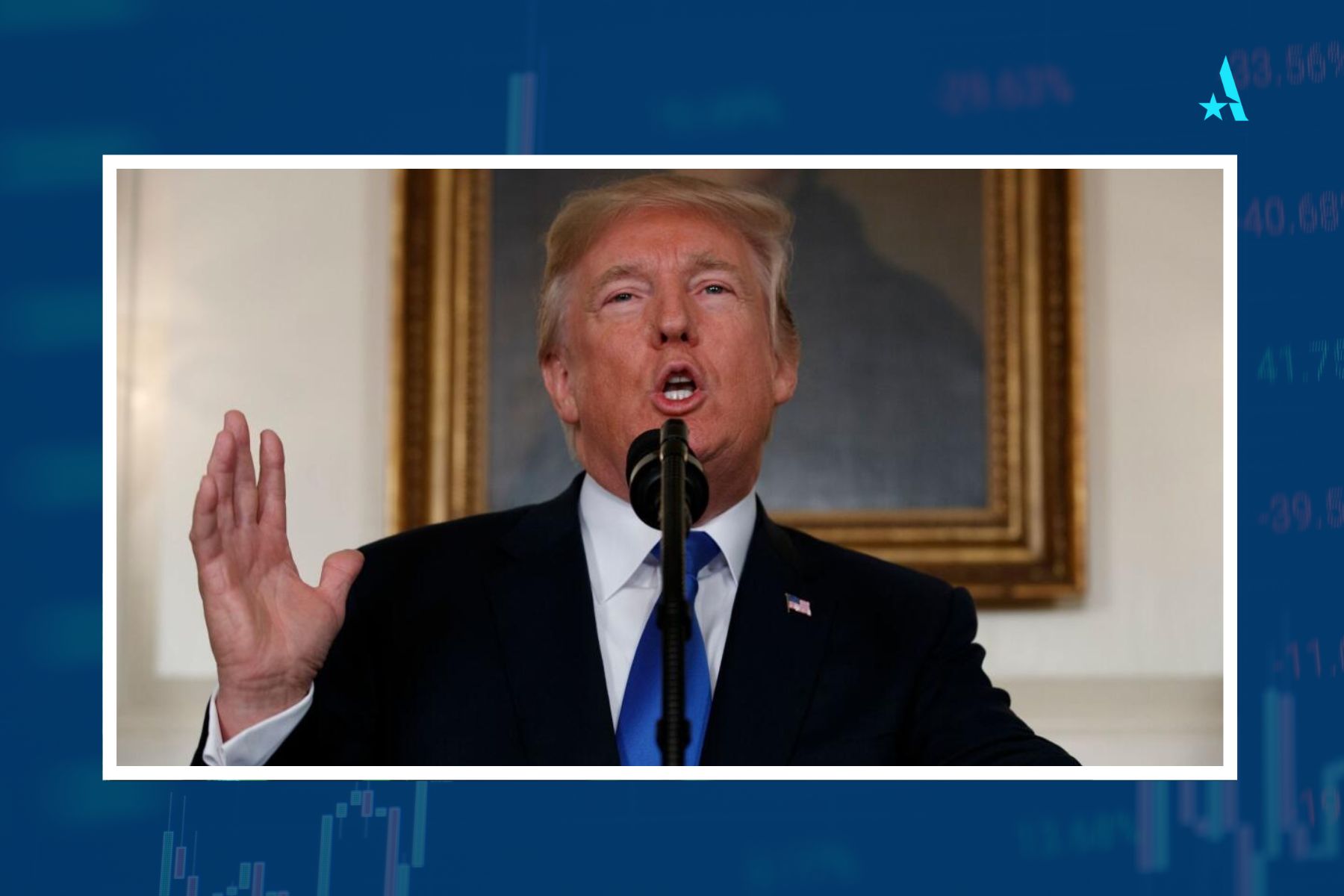As the world edges closer to Trump’s August 1 tariff ultimatum, global leaders are not negotiating — they’re surrendering. One by one, governments are lining up not to bargain but to beg. And no moment captured this global humiliation more than European Commission President Ursula von der Leyen’s surreal visit to Trump’s private golf course in Scotland, where, in a scene more befitting a medieval court than modern diplomacy, she presented Europe’s tribute.
The result? A trade deal so grotesquely one-sided it might as well have been written by a Washington lobbyist. Europe agreed to absorb a massive tariff hike and commit hundreds of billions in purchases of U.S. fossil fuels and military hardware. In return, it got… spared from even worse punishment. France’s prime minister called it a “dark day” — a generous understatement. The EU didn’t just blink; it fell to its knees.
Worse still, this act of appeasement has undercut every other nation trying to hold its ground. Trump’s strategy is brutally effective: punish everyone, isolate opponents, extract tribute, declare victory, then demand more. The message to the rest of the world is clear — if Europe can be broken, so can you.
The carnage is already spreading. Laos faces a 40% tariff, Cambodia 36% — enough to crush export sectors that took decades to build. The Philippines was bulldozed into a “deal” involving 19% tariffs on all its exports to the U.S. — with no reciprocity. Indonesia, more disturbingly, was forced to surrender control over its critical minerals and parts of its digital economy — assets essential to its future — as if bartering away national sovereignty were a fair price for a few months of economic peace.

And it doesn’t stop at trade. In Brazil, U.S. negotiators have reportedly tried to influence internal legal affairs — not content with economic conquest, they’ve moved on to political intrusion.
This isn’t diplomacy. It’s economic imperialism wrapped in the flag of “America First.” The rules-based order has been torched. Trump isn’t interested in reforming trade — he’s replacing global norms with raw dominance, bullying his way to a new era of corporate hegemony. His targets aren’t just foreign governments, but the very concept of multilateralism.
Even worse, these concessions are never the end of the story — they’re just the beginning of the next round. Canada scrapped its digital services tax to avoid trouble, only to get slammed with new tariffs anyway. The UK thought it had a steel deal — turns out, it didn’t. The Philippines’ concessions earned it a higher tariff than before. Trump keeps moving the goalposts because he can. Because nobody’s pushing back.
And make no mistake: he’ll be back for more. Every cave-in emboldens him. Every tribute fuels the next demand. His trade agenda is not about balance — it’s about submission.
The only way to deal with a bully is to punch back. Yet most governments are playing dead, hoping to outlast him. The EU, with its vast economic arsenal, could have struck back where it hurts — restricting U.S. access to financial markets, government contracts, or IP protections. Instead, it acted like Trump was a passing storm. He’s not. He’s the new weather.
Trump has hijacked the anger of those betrayed by globalisation and fused it with the power of those who profited from it. It’s a toxic alliance — but it survives only as long as he’s winning. If world leaders truly want to stop him, they need to make him lose. Appeasement doesn’t buy peace. It buys more demands.

